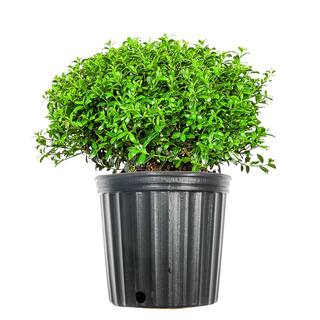Cancel
USD
- USD
- EUR
- GBP
- CAD
- AUD
- DZD
- BRL
- IDR
- JPY
- MYR
- MXN
- NZD
- PHP
- RUB
- SAR
- SGD
- SEK
- THB
- AED
- VND
- TWD
- MOP
- ZAR
Some items are no longer available. Your cart has been updated.
This discount code cannot be used in conjunction with other promotional or discounted offer.
Sale price USD $12.89 Regular price

OR

Comment